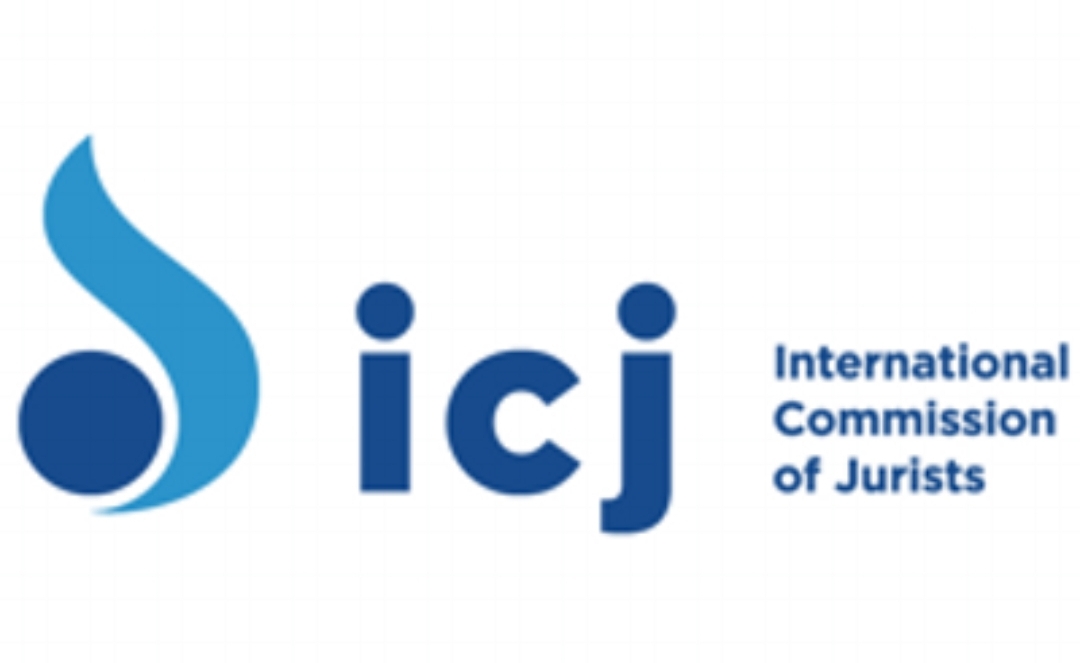
International Commission of Jurists today condemned the new ‘de-radicalization’ regulations, which they say allow for the arbitrary administrative detention of people for up to 2 years without trial & could disproportionately target minority religious and ethnic communities in Sri Lanka.
Full Statement
The ICJ today condemned Sri Lanka’s new ‘de-radicalization’ regulations, which allow for the arbitrary administrative detention of people for up to two years without trial. The regulations could disproportionately target minority religious and ethnic communities.
Sri Lankan President Gotabaya Rajapaksa promulgated Prevention of Terrorism (De-radicalization from holding violent extremist religious ideology) Regulations No. 01 of 2021, which was publicized by way of gazette notification on 13 March, 2021. The “regulations”, which were dictated by the executive without the engagement of Parliament, would send individuals suspected of using words or signs to cause acts of “religious, racial or communal violence, disharmony or feelings of ill will” between communities to be “rehabilitated” at “reintegration centres” for up to two years without trial.
“These regulations, which have been dictated by executive fiat, allow for effective imprisonment of people without trial and so are in blatant violation of Sri Lanka’s international legal obligations and Sri Lanka’s own constitutional guarantees under Article 13 of the Sri Lankan Constitution.”
– Ian Seiderman, ICJ’s Legal and Policy Director
Article 9 of the International Covenant on Civil and Political Rights (ICCPR), to which Sri Lanka is a party, provides for a number of procedural guarantees for any person deprived of their liberty, many of which are absent in the Regulation. Administrative detention of the kind contemplated under the Regulations, is not permitted, as affirmed repeatedly by the UN Human Rights Committee.
Even prior to the promulgation of the new regulations under Sri Lanka’s Prevention of Terrorism Act No. 48 of 1979 (PTA), Sri Lankan authorities had already been invoking the PTA and the International Covenant on Civil and Political Rights Act, No. 56 of 2007 (enacted to incorporate certain provisions of the ICCPR into domestic law) effectively to persecute people from minority communities. Yet little or no action has been taken by the authorities against those inciting hatred or violence against minorities.
“The new regulations are likely to be used as a bargaining tool where the option is given to a detainee to choose between a year or two spent in “rehabilitation” or detention and trial for an indeterminate period of time, instead of a fair trial on legitimate charges.”
– Ian Seiderman, ICJ’s Legal and Policy Director.